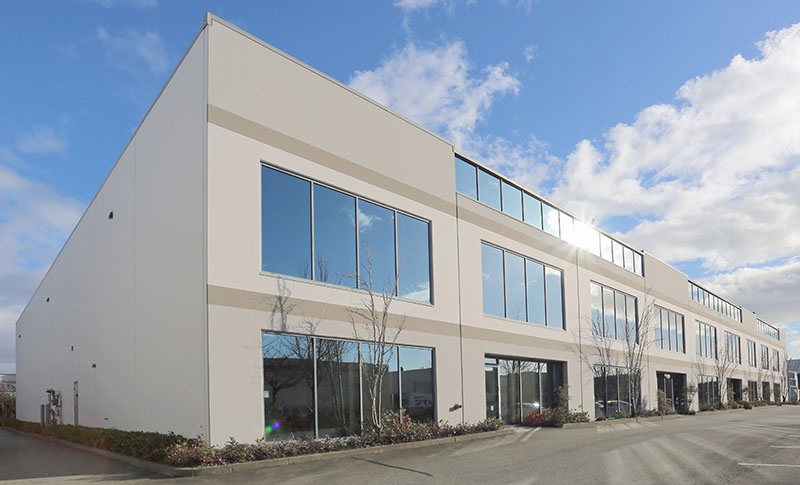Frequently Asked Questions
Frequently Asked Questions
We’ve put together a list of frequently asked questions so that potential clients who are still deciding on a carrier to use can make an informed decision. The answers to these questions reflects the way our company operates and our commitment to commercial vehicle regulation compliancy.
What is a Hotshot? (Hot Shot)
A Hot Shot (Hotshot) is a form of delivery which provides immediate results, meaning you get your cargo shipped exactly when you want it to. Consequently, JT HOTSHOTTING will dispatch a truck dedicated exclusively to your shipping needs to ensure the shipment is picked up and delivered as quickly and safely as possible. An ethical hot shot trucking company (such as JT HOTSHOTTING) will NOT exceed speed limits nor will they over-drive the legal amount of driving hours stipulated by the N.S.C. Please visit our Hot Shot Trucking page for a more detailed read about this service.

Why is properly strapping a load important?
Every time a pallet or loose object gets loaded onto one of our flatbed trucks or trailers, it gets secured down with either 2 inch nylon straps or chains and chain binders. Taking care during load securement is important due to the fact that if you run a chain or strap across an area of the cargo which is fragile or prone to breakage during transport, you will end up with a damaged delivery.
JT HOTSHOTTING strictly enforces proper securing techniques which ensure that your load is not damaged in any way possible.
Why is the licensed GVW of a truck important?
Even though the factory weight rating decal on the door of a truck says it is able to haul a certain amount, it doesn’t actually mean that it can do it legally. What needs to be done is when the truck is licensed through ICBC or any other Canadian auto insurance business, you need to specify yourself what you want the licensed G.V.W to read as on your insurance documents otherwise the insurance agent will just go with what their system normally sets it to.
An example of this is if you’re hauling a load which the G.V.W decal on your vehicle says is supported but the weight of the load is higher than the stated licensed G.V.W on your insurance documents, your insurance is essentially voided.
Although the insurance cost is substantially higher when you raise your licensed G.V.W, it is a must in most cases when hauling just about anything. JT HOTSHOTTING runs the appropriate insurance parameters on all of its equipment to ensure proper insurance coverage and practices.
What is CVSE?
C.V.S.E stands for Commercial Vehicle Safety and Enforcement. It is an enforcement body of peace officers who uphold the C.T.A (Commercial Transport Act) in British Columbia. They patrol the provincial highways as well as operate the inspection stations formerly known as weigh scales. The C.V.S.E also conducts random audits on B.C. trucking businesses to make sure that they are running their companies in accordance with the N.S.C and C.T.A. If they fail, they ultimately will get their N.S.C privileges revoked.
What is NSC?
N.S.C stands for National Safety Code. This program, enforced by the C.V.S.E in B.C. is a Canadian nationwide program which sets minimum requirement standards in safety and business management practices. This program makes carriers accountable for the actions of their drivers and the condition of their equipment. With this is place, the goal is to have carriers running their businesses as safely and ethically as possible to ultimately increase road safety.
What vehicles are included in the National Safety Code program?
- Commercial vehicles licensed with a gross vehicle weight of more than 5,000 kg
- Vehicles operating under the Passenger Transportation Act
- Commercial Vehicles that have a seating capacity of 10 or more passengers plus the driver
What are load permits for?
Whenever a load is over a certain legal height, width or weight we must call in to the B.C. permit office and purchase the appropriate dimensional permits. These permits validate the legality of the oversized load so that it may be transported. Failure to purchase these permits result in heavy and swift penalties by the C.V.S.E.
